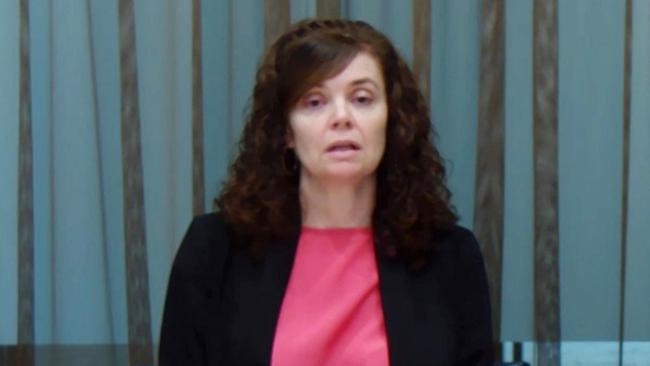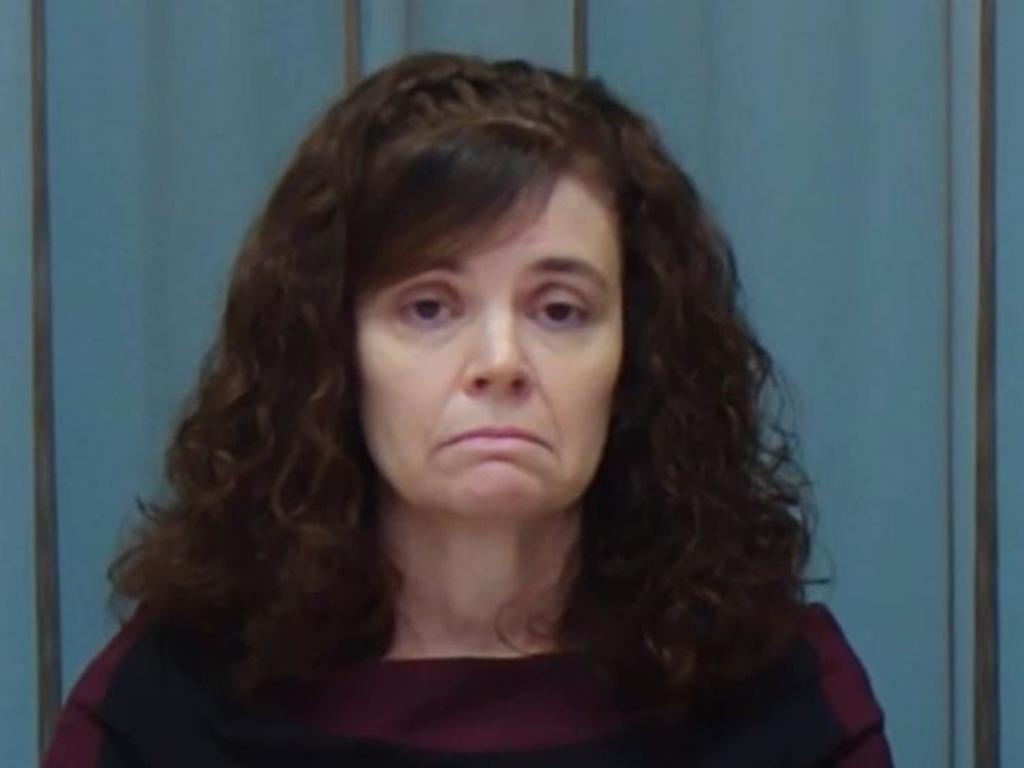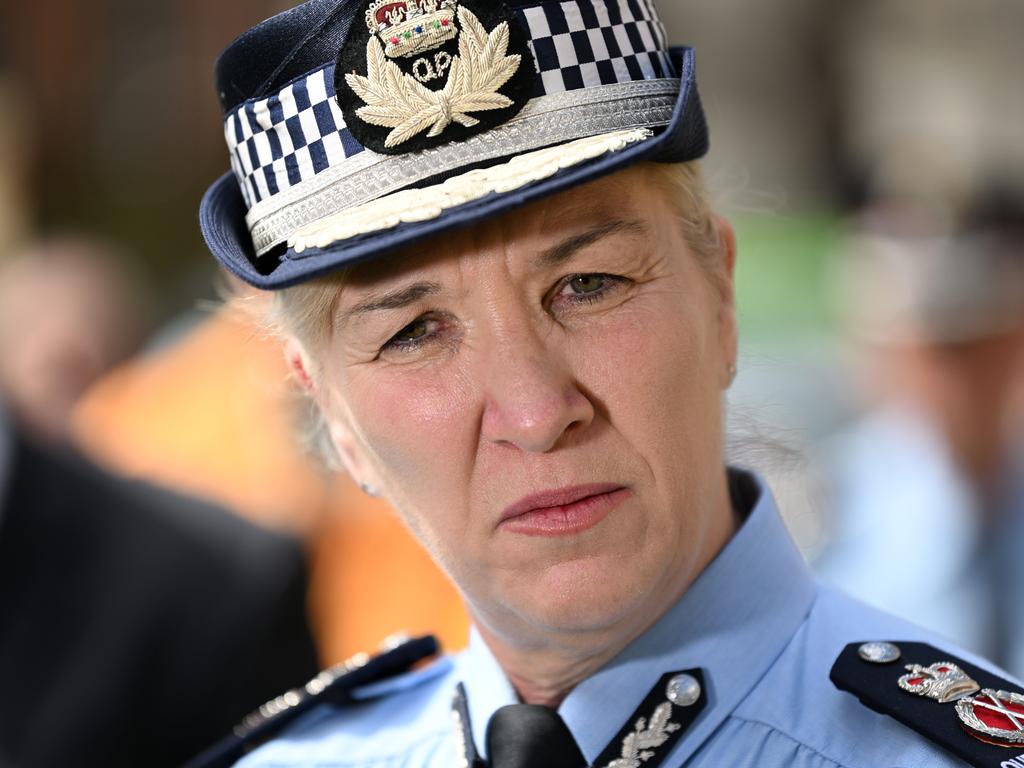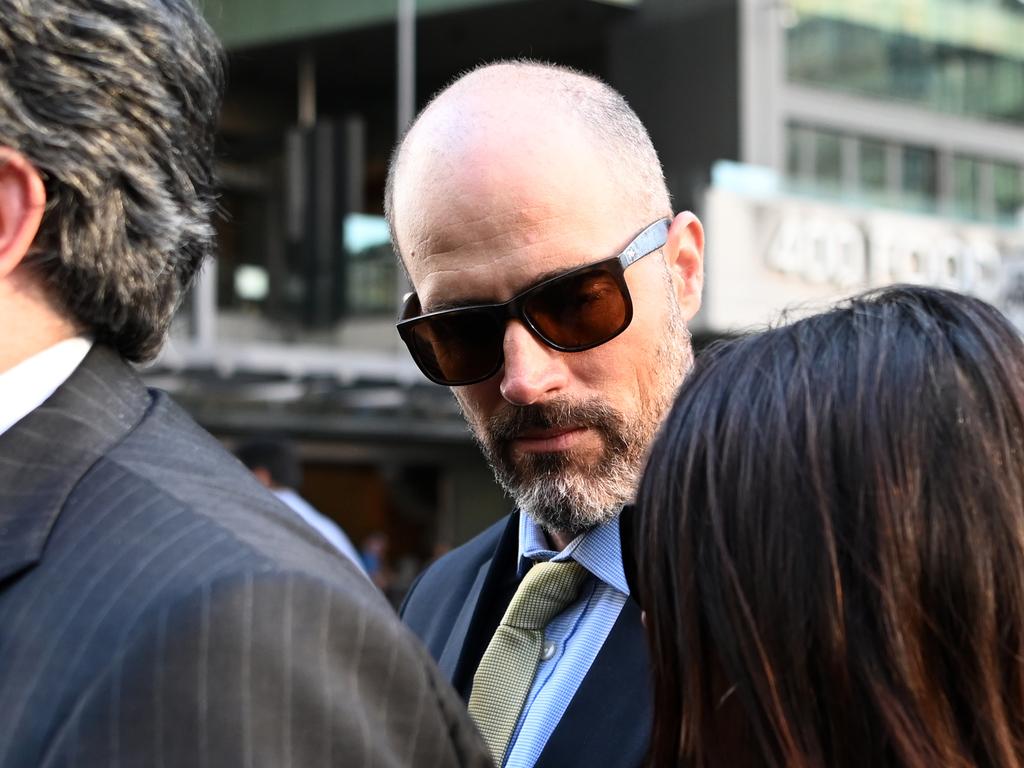Queensland DNA lab boss Cathie Allen accused of ‘mad’ activities
The managing scientist of Queensland’s strife-torn DNA lab asked for the names of staff who might be trying to have a baby.

The managing scientist of Queensland’s strife-torn DNA lab asked for the names of staff who might be trying to have a baby, warning of “large ramifications” if there were unexpected pregnancies.
Cathie Allen has also been accused at a $6m public inquiry of the “completely mad” pursuit of scientists who challenged her, and of allowing her lab to fall a long way behind other states in DNA analysis methods.
The inquiry, launched as a result of The Australian’s podcast Shandee’s Story, took an unexpected turn on Monday when counsel assisting, Michael Hodge KC, asked Ms Allen what her attitude was to scientists in the lab getting pregnant.
When Ms Allen replied that she was “happy for them to extend their families”, minutes of a 2016 management team meeting were displayed on screens at the inquiry.
It recorded Ms Allen instructing senior managers to email her with “names of staff that may be trying to get pregnant so that this can be accounted for in the budget”.
The minutes added: “There aren’t any ramifications if the pregnancy doesn’t eventuate, however large ramifications if not accounted for.”
Giving evidence via audiovisual link for a third day, Ms Allen told the inquiry it had been in the lead-up to budgets. She accepted she “should have handled that in a different way”.
“I wasn’t trying to discourage any of that,” she said. “I was trying to, from a budgetary perspective, have that included.”
After Ms Allen insisted she ran a “no blame” workplace, Mr Hodge and commissioner Walter Sofronoff KC confronted her about going through rubbish in a confidential bin in search of evidence against staff whistleblower Amanda Reeves.
The incident became known in the lab as “Bin-gate”.
Ms Reeves was a long-serving and respected scientist who had raised fears something was going catastrophically wrong when it was discovered the lab wasn’t detecting sperm under the microscope in rape cases.
Ms Reeves was managed out of the lab, and on the day she packed up her desk she was seen dumping documents from her desk into a confidential bin for items requiring shredding.
Ms Allen told the inquiry she went through the bin to look for any items Ms Reeves should not have discarded.
Mr Hodge said Ms Allen subsequently sent a “menacing” email requiring three scientists – Kylie Rika, Ingrid Moeller and Emma Caunt – to attend a meeting to reveal what they knew about the rubbish.
Mr Hodge: “Did you think it was completely mad?”
Ms Allen said she was following the advice of human resources, adding: “I didn’t necessarily think it was mad. I thought it was the process.”
Mr Hodge: “Isn’t it the case that you were pursuing these scientists because, consistent with the culture that you had established in the lab, somebody who spoke out, somebody who didn’t agree with you, somebody who you didn’t agree was on your team, would be subject to recriminations? This was retribution because you regarded them as being on Ms Reeves’ side.”
Ms Allen denied it.
New Zealand lab ESR was asked to review the Queensland lab’s standard operating procedures, but wasn’t told about the sperm detection problem, the inquiry was told. When Ms Allen said she didn’t want to bias the review, Mr Hodge said it “makes no sense … it’s a lie isn’t it.”
The inquiry was also told that Queensland had been trying to validate Y-STR testing since 2015.
Y-STR analysis focuses on the male Y-chromosome and is useful in sexual assaults. It enables the detection of tiny amounts of male DNA in mixed profiles that might be masked by female DNA.
The technology was “available in almost every other lab in Australia”, Mr Hodge said.
Ms Allen hadn’t taken any staff offline from their usual duties or sought assistance from other labs to stand up Y-STR testing, he said.
Mr Hodge: “Do you regard that as a failing in your lab that you have fallen so far behind other labs around Australia?”
Ms Allen: “Yes, it’s very disappointing that we don’t have that technology.”
However, she denied it was a personal failing as the lab’s managing scientist.







